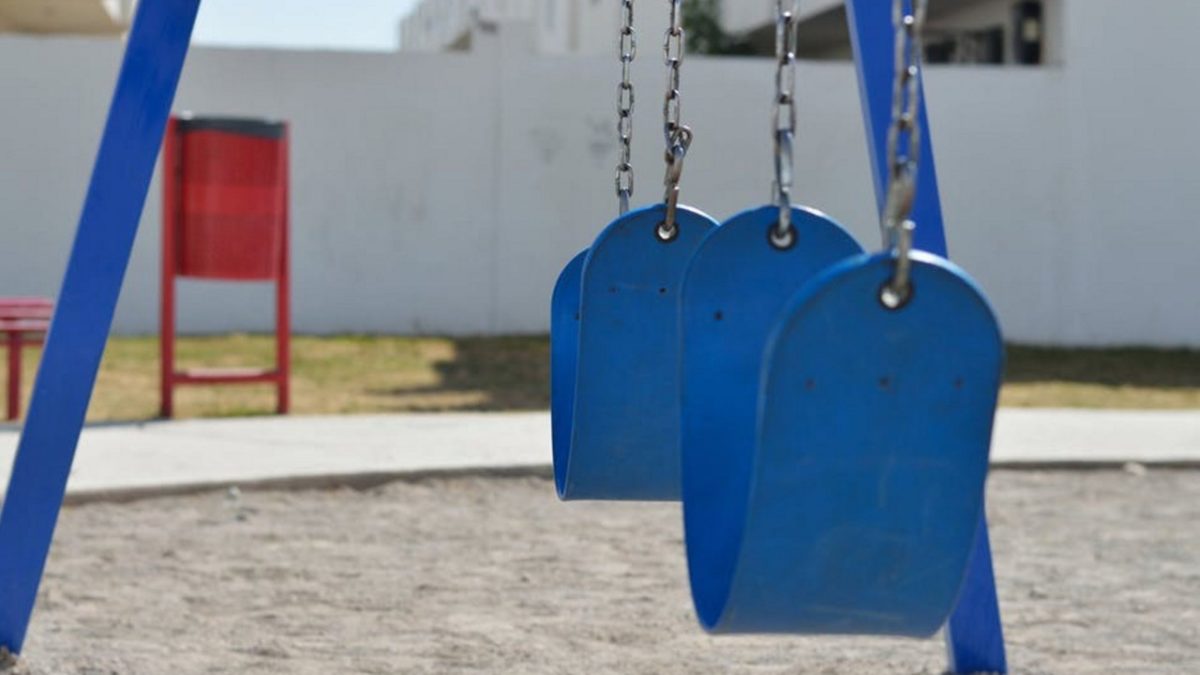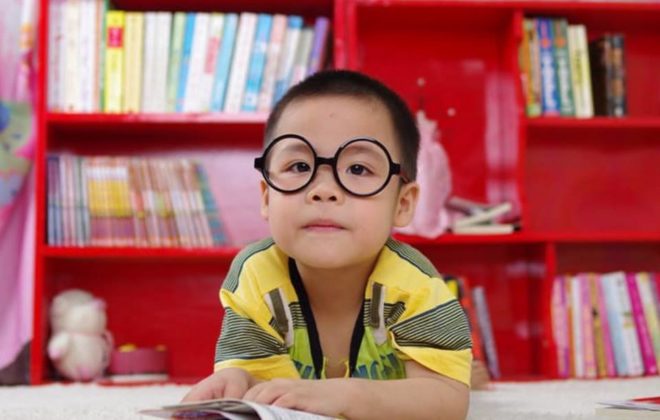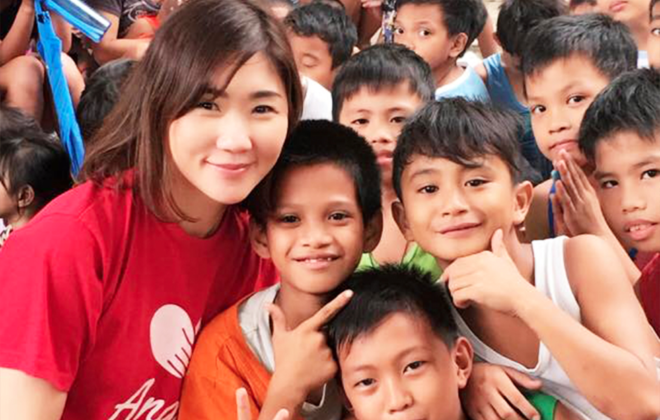
Thoughts on bullying (and being bullied)
Bullying has reinvented itself over the years. Before, bullying was confined within a specific space – most commonly in school. Now, with technological advancements, cyberbullying is on the rise and hardly distinguishable by parents. What can we do to protect our kids from mean kids at school? Or how can we make sure that it is not our kids inflicting this abuse on others?
Bullying happens if there is an imbalance of power – when one kid feels superior over the other, he or she may use that power to force others to do things for them, or make them feel bad for not having a similar status. Physical and emotional bullying can happen by calling them names, threatening, taunting, spreading rumors about them, embarrassing them in public, and more. If a child does not get along with other kids, or perceived as different from the rest, he or she may be prone to being teased by others. On the other hand, those who are prone to being the bully often show violence and hostility, or may be experiencing personal issues, causing them to lash out on others. These of course are not the only determinants of children who are capable of bullying or to be bullied, especially there are other factors to consider such as cultural or religious differences, and social or educational rankings.
If your child exhibits unexpected injuries, loss items, changes in behavior or eating habits, gently ask how they are doing at school and how are their friends treating them. Kids who have potential in bullying others are often aggressive, disown their mistakes and responsibilities, and are overly protective of their reputation or popularity. Do not allow your child to feel helpless, or unable to defend themselves, but instead, offer a helping hand and support. Remind them that they are loved, and that everyone deserves to be treated with kindness and respect. Disputes or differences do not have to be handled violently, nor should we treat diversity as an illness needing treatment.
Recent Posts
Categories
- Advocacy (48)
- Beauty and Science (101)
- Beauty Buzz (2)
- Entrepreneurship (68)
- Lifestyle and Travel (56)
- Parenting (16)
- Podcast (13)
- Press (122)
- Rotary Club Newsletters (13)
- TatlerTalks (3)
- Through My Virtual Screen (3)
- Two For the Road (23)
- Uncategorized (3)



